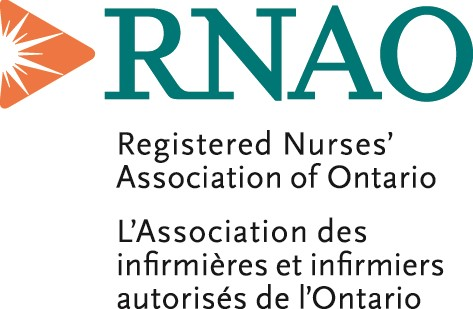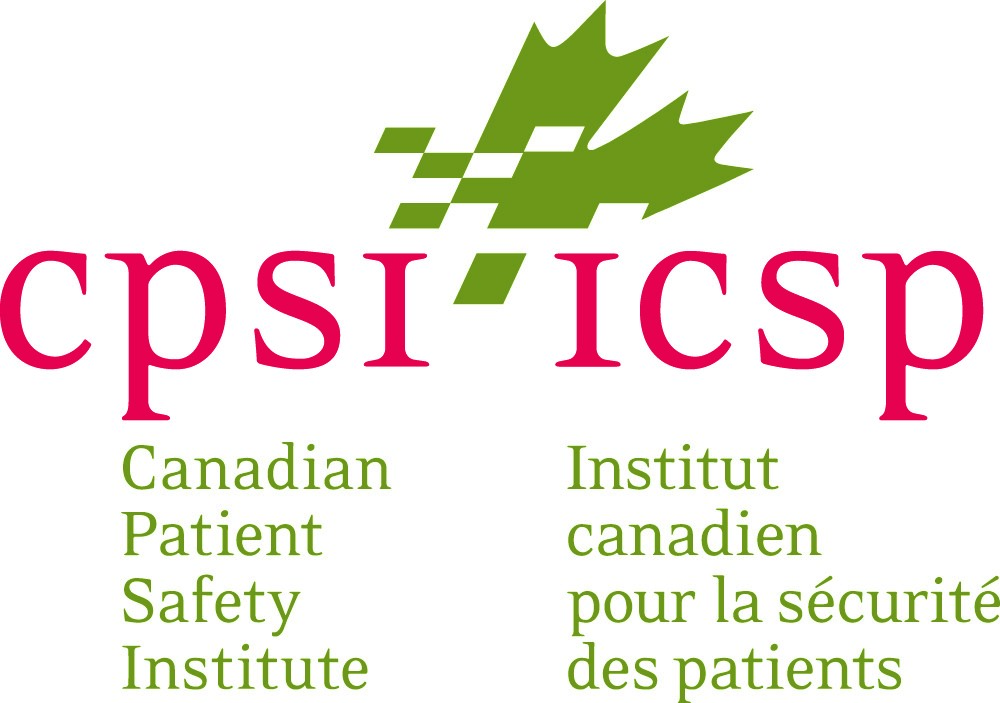Appendix E: Message from the Leading Change Toolkit Co-Sponsors

Doris Grinspun
CEO, RNAO

Dr. Jennifer Zelmer
President and CEO, Healthcare Excellence Canada (HEC)
As co-sponsors of the Leading Change Toolkit, we are delighted to present a resource that will revolutionize care for people and their families in Ontario, Canada, and around the world.
This toolkit is for you: change agents and change teams who strive to ensure that each and every person who enters the health system gets the best care they deserve, every time.
This rigorously developed toolkit will equip you with the knowledge, practical tools and approaches from two complementary frameworks to effectively engage persons and families in change initiatives, and accelerate long-lasting change.
We are proud of, and thankful to our respective teams that have produced a resource that leverages the mutual goals of each organization. First, a huge thanks to the expert panel co-chairs Dr. Doris Grinspun and Dr. Janet Squires for their expertise, vision and stewardship. We are indebted to RNAO’s team for their expertise and intense work producing the toolkit: Susan McNeill, Associate Director of Guideline Implementation and Knowledge Transfer; Katherine Wallace, Senior Program Manager; and Oliwia Klej, Project Coordinator; as well as multiple members of the RNAO team who have been involved in the development, design, peer review execution, and dissemination of the toolkit. We are grateful to HEC team members, Marianne D’Arpino, Vice-President, Programs and System Transformation, Gina Desouza, Director, Programs and System Transformation, and Kim Kinder, Director, Health Innovation Programs for their ongoing commitment and support of this project.
We invite you change agents and change teams working in Canada and worldwide to use and share this robust and exciting resource. Use it to transform care and improve outcomes for every person in each encounter. To our RNAO and HEC partners, we know you will gain from this tool as you drive change in your workplaces and communities. RNAO’s 100,000 Best Practice Champions who work in over 1000 Best Practice Spotlight Organizations® worldwide as early adopters will drive change and improve peoples’ experiences and outcomes moving from strength to even higher strength.
About the RNAO & CPSI collaboration
- History of collaboration
- Why the two organizations decided to partner to develop the Toolkit
About RNAO
The Registered Nurses’ Association of Ontario (RNAO) is the professional association representing registered nurses, nurse practitioners and nursing students in Ontario, Canada. Funded by the government of Ontario, RNAO launched in 1999 its Best Practice Guidelines Program. The program’s three main pillars are guideline development, active support for implementation, and access to NQuIRE® – the international data system that measures the impact of RNAO’s BPGs on patients’ health and clinical outcomes, as well as a health organization’s performance.
The Best Practice Spotlight Organization (BPSO®) program, which was launched in 2003, is a signature organizational-level strategy that applies implementation science methodology and social movement action to create evidence-based cultures in academic and service organizations across Ontario and around the world (Grinspun & Bajnok, 2018).

About CPSI
The Canadian Patient Safety Institute (CPSI) works with governments, health organizations, leaders, health providers, patients and families, to inspire extraordinary improvement in patient safety and quality. They have extensive interprofessional networks across all health sectors and have expertise in applying evidence-based approaches to foster improvements in teamwork, communication, and patient safety culture. CPSI is working with industry experts to bring together quality improvement and knowledge translation science and demonstrate, through Safety Improvement Projects, the impact of utilizing evidence based practice to guide improvement efforts.

